
Germany has consolidated its efforts to assist Ghana in developing clean energy solutions by providing a grant of 20 million euros. The funding is expected to strengthen technical cooperation between the two countries in the fields of agribusiness, renewable energy, and energy efficiency.
The grant agreement was signed by Christoph Retzlaff, the German ambassador to Ghana, and Patrick Nomo, the director general of the Ghanaian Ministry of Finance. The funding will be provided by the Deutsche Gesellschaft für Internationale Zusammenarbeit (GIZ), the German international development cooperation agency.
Ghana has been a partner country for German development cooperation for more than thirty years. Remarkably, the Deutsche GIZ opened its office in the capital, Accra, in 1983.
The German ambassador noted that the grant would help to create jobs and protect the environment. “We aim to create jobs and protect the environment. This grant is part of our development cooperation, which amounts to 130 million euros per year,” says Christoph Retzlaff, German ambassador to Ghana. Technical support will be provided for the development of clean energy and energy efficiency projects for industry, public buildings, and households.
This is not the first time the Western European country has extended developmental assistance targeted at renewable energy in Ghana. Back in 2017, Berlin committed €100 million to promote private investment in the renewable energy sector. This created an enabling business climate for renewable energy providers and has advanced the introduction of European companies into the energy space.
One such company is the German company Redavia, which supplies solar energy to Ghanaian companies. The Munich-based company has, for example, installed a solar photovoltaic system capable of supplying 33 872 kWh of electricity annually to the Kete Krachi Timber Recovery (KKTR) sawmill, a company that exploits timber from the Akosombo dam basin on the Volta River in south-eastern Ghana.
Admirably, Germany is a leading donor in Africa’s energy sector. Germany’s development priorities in the sector are energy access, the promotion of renewable energy, and energy efficiency. German technical assistance in Africa’s energy sector represented a funding volume of approximately €250 million as of 2016.
With Ghana’s Renewable Energy Master Plan aiming to increase the proportion of renewable energy in the national energy generation mix to 1363.63 MW (with grid-connected systems totaling 1094.63 MW) by 2030, energy partnerships like this represent a key policy instrument for promoting cooperation between Germany and Ghana.
The grant is expected to create jobs, facilitate technical training and promote clean energy while aiding the country’s efforts in fighting climate change.

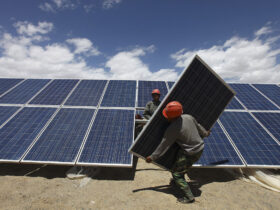

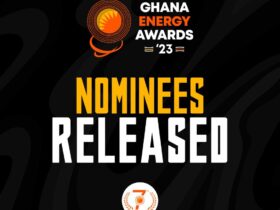

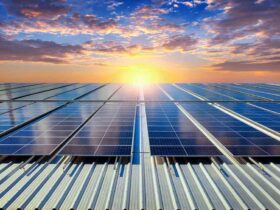
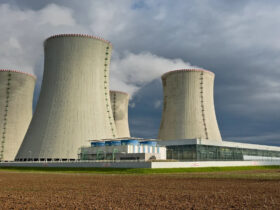
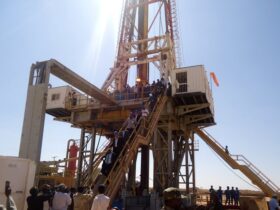

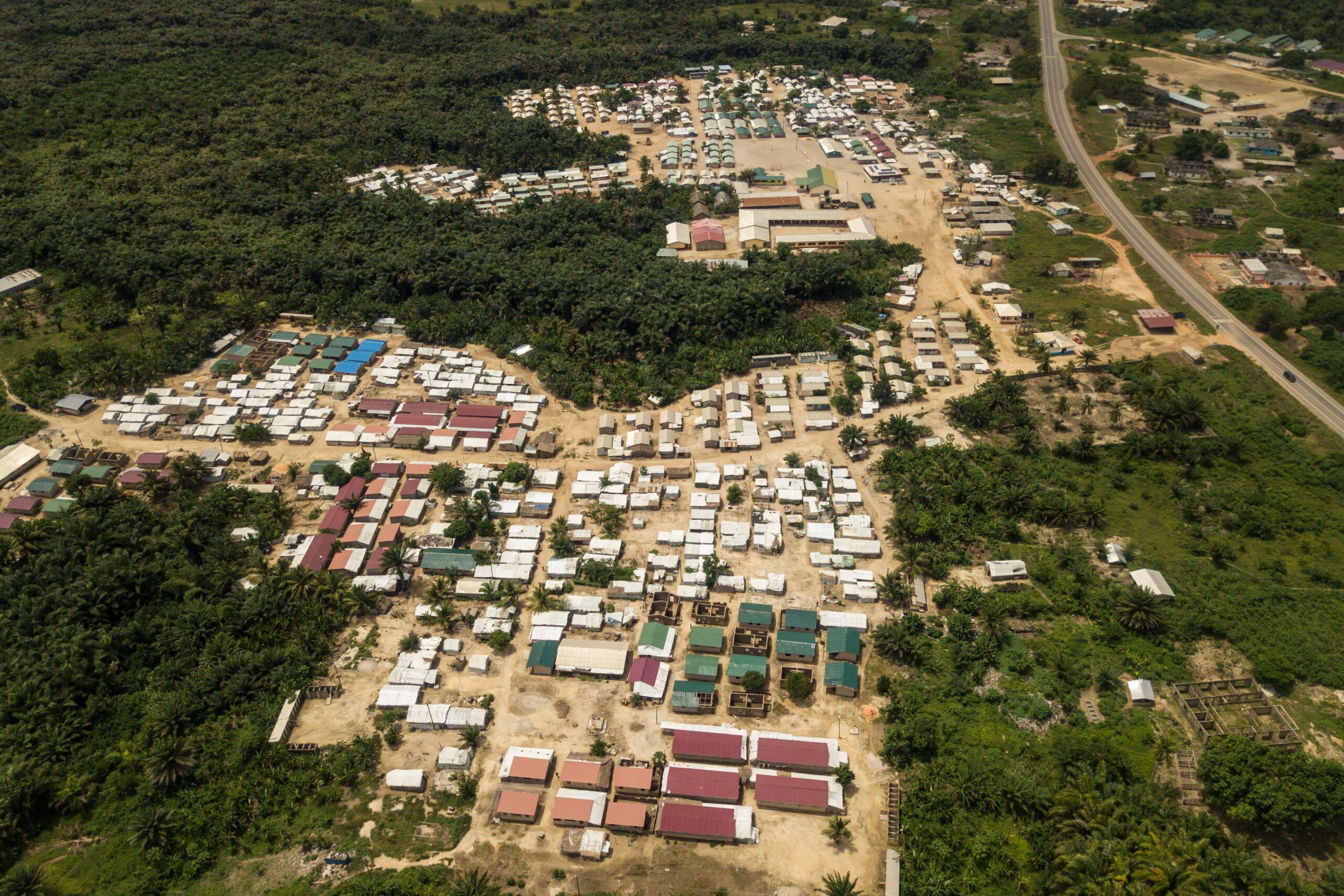

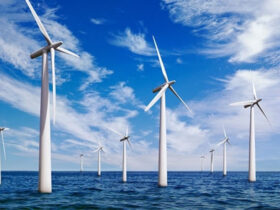
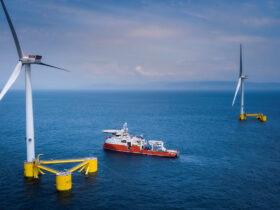
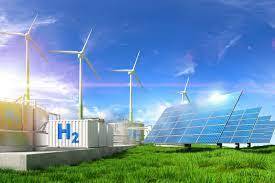
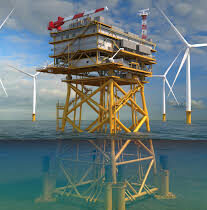
Leave a Reply